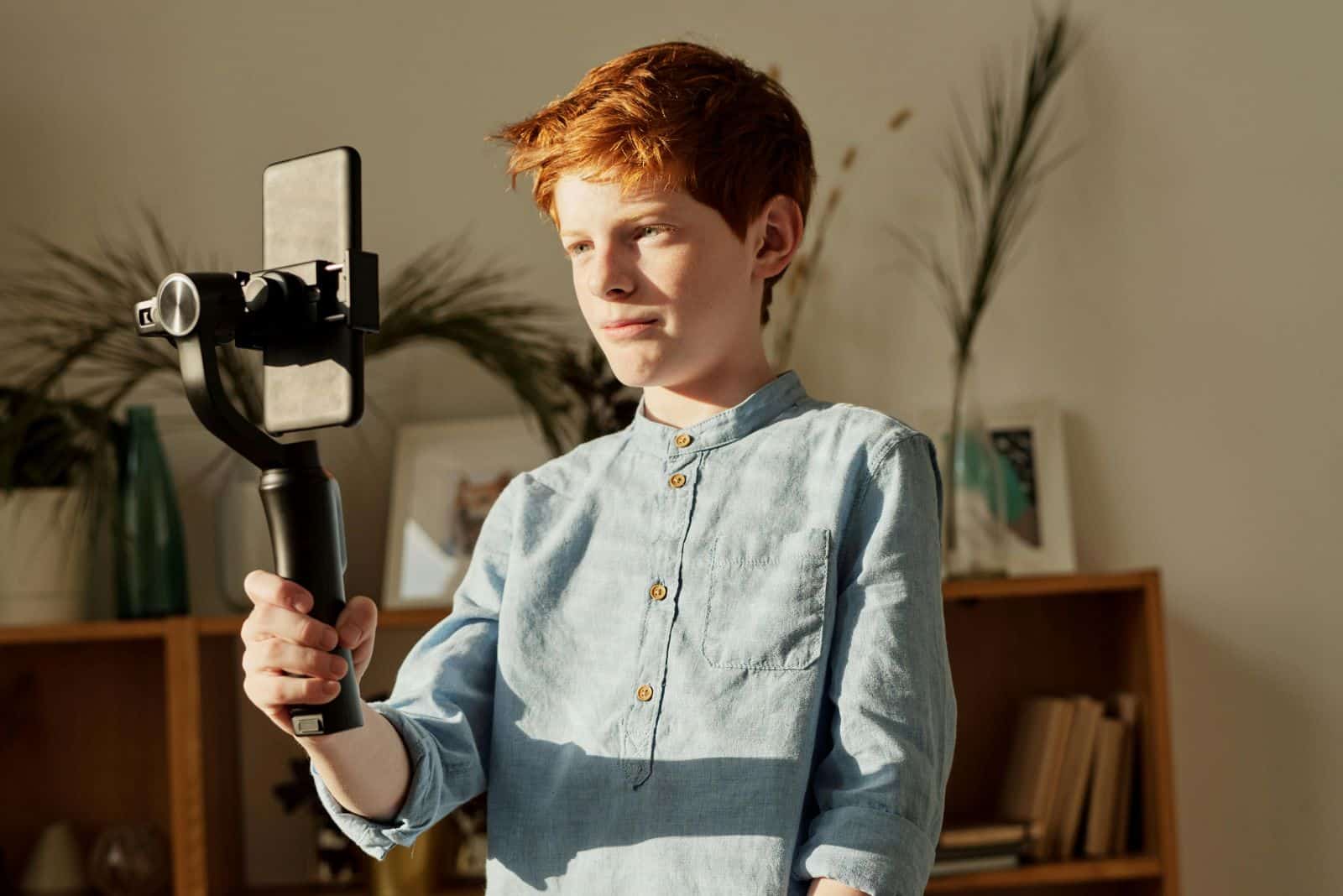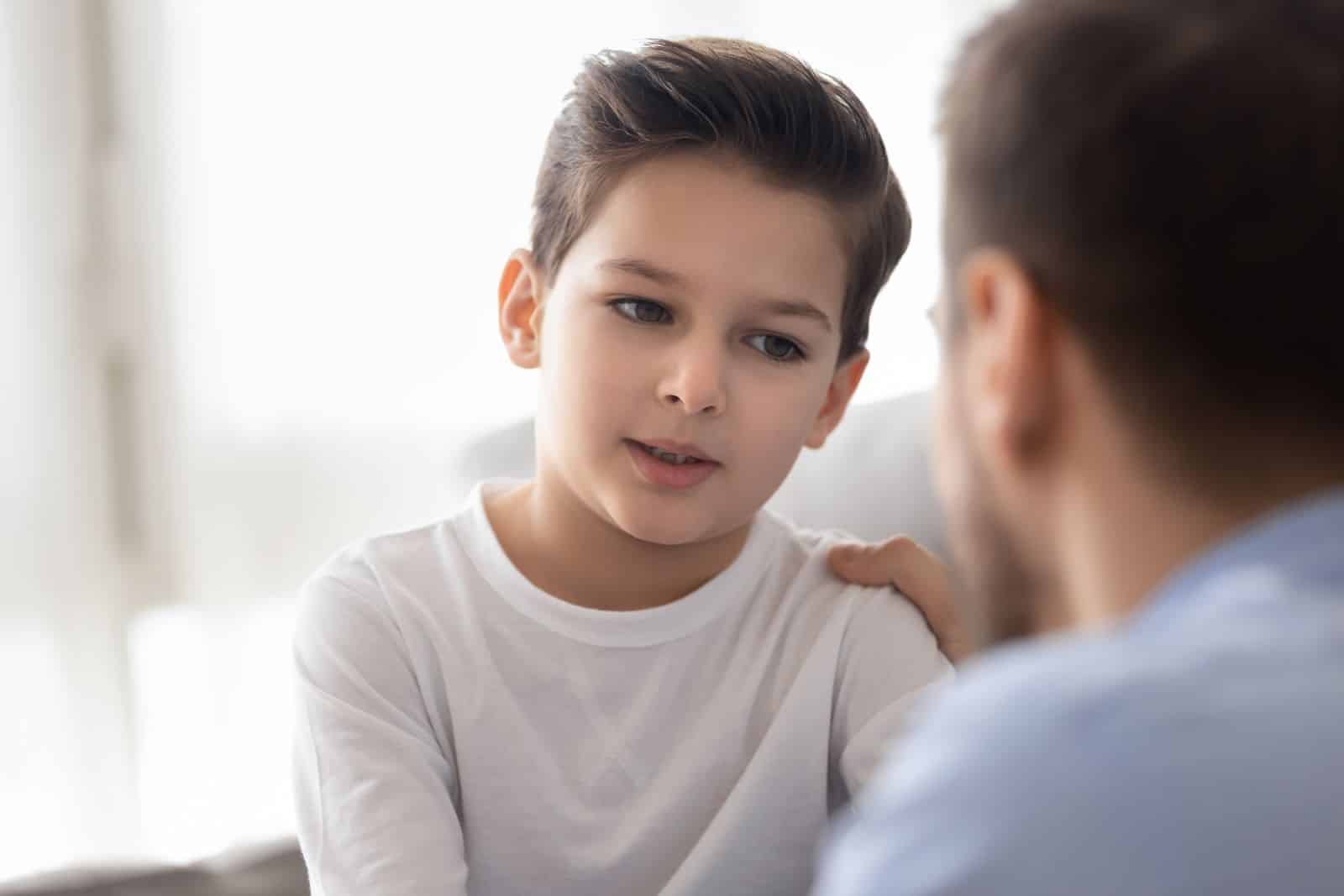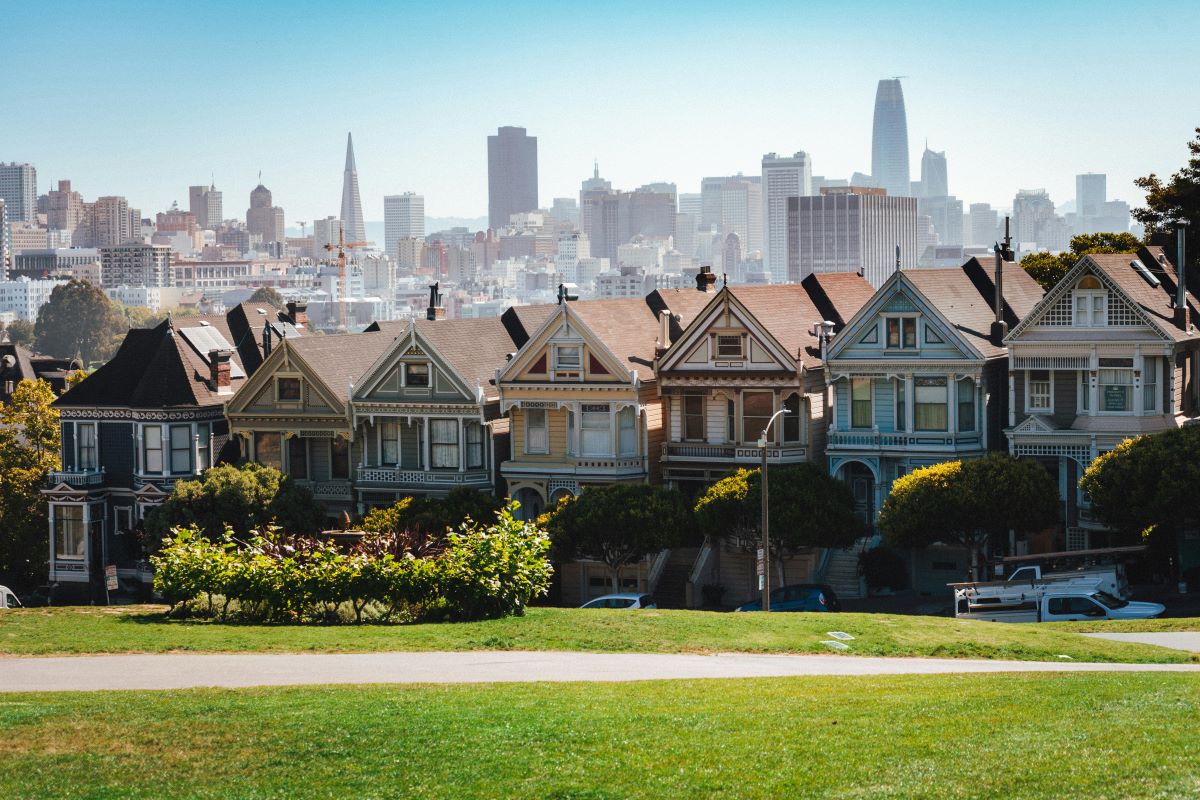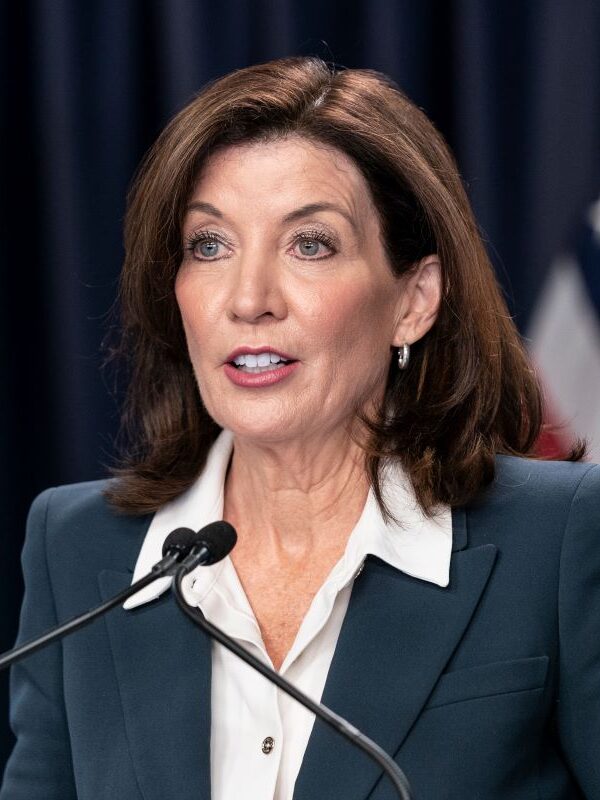Illinois has put new legislation into effect concerning children who appear in their parents’ monetized social media content.
New Law to Affect Influencers

hanks to a unique new law now effective in Illinois, parenting influencers who get paid for their social media content must cough up a share of the profits when their children appear in their videos.
Bill Aims to Protect Children’s Financial Interests

There are certain parameters that need to be met, but the law provides groundbreaking protections for children who are used in their parents’ online content to help them make money. The law was added to the state’s existing Child Labor Law.
Concerns About Limitations

Proponents of the law have worried that it is not comprehensive enough, as its wording does not set up specific consequences or a plan for enforcing the new rules. But Illinois Governor J.B. Pritzker says the law exists to protect childrens’ interests.
Bill “Creates a Private Right of Action”

“[SB 1782] creates a private right of action for child influencers against their parents that featured them in videos and did not properly compensate them,” reads a press release from the governor’s office.
Children Will Be Able to Sue for Earnings

It seems the bill is not intended to immediately seek out or punish parent influencers for crossing child labor lines, but instead allows children the ability to retroactively sue their parents for earnings they should have been paid if their parents failed to do so.
The Bill Explained

Under SB 1782, children under age 16 who appear in “at least 30% of the vlogger’s compensated video content produced within a 30-day period,” must be paid for their contributions. Parents will be required to put those earnings into a trust that is to be released to the child when they turn 18.
Teenager Behind Historic Law

Remarkably, the bill was the brainchild of 16-year-old Shreya Nallamothu, a student who was motivated by concerns for childrens’ privacy when their images were widely shared online.
“I Kept Seeing Cases of Exploitation”

“I kept seeing cases of exploitation,” said Nallamothu. “Especially for very young children who maybe don’t understand what talking to a camera means and they’re not able to conceptualize what a million people looks like.”
“They Don’t Understand”

“They don’t understand…that it’s not going to be able to go away and that their parents are making money off of it,” Nallamothu continued.
Other States with Similar Intentions

California, Washington, and Maryland are among other states considering similar legislation, but none have passed bills of this kind yet.
Privacy Concerns for Kids Online

As privacy concerns and the concept of a “digital footprint” continue to mount, many parents are reconsidering sharing their children online in any capacity until they are old enough to consent. For some, the risks of those images falling into the wrong hands are too great.
Parents Decide How Much to Share

Other families are taking a middle-ground approach, choosing to share carefully curated content that protects the bulk of their children’s privacy but still allows them to have an online presence. Some parenting influencers, however, have an all-in mindset when it comes to sharing their children.
Influencers Raising Kids Online While Millions Watch

Parenting vloggers with millions of followers often share intimate details of their children’s lives, from mundane everyday activities to milestone moments. Now adults, some Gen Z-ers who were raised by influencers have spoken out about their childhoods.
Children Speak Out

Some of them said they resent their parents for creating a digital footprint for them before they could make that decision for themselves. As of now, no law exists to prevent parents from sharing their children online or making money from doing so.
A Lucrative Career

The career of a social media influencer is lucrative, potentially bringing in tens of thousands of dollars for a single post. The percentage that should be set aside for children involved is not specified in SB 1782, but the expectation is that compensation should be fair.
A First Step Forward

Now, the bill’s supporters are hopeful that it will spark movement on legal protections for childrens’ privacy. One 2023 study from a Turkish university defined “sharenting” as “the practice of parents, caregivers or relatives sharing information about their children (underage) online.”
Research Says More Protections Are Needed

The study called for protections for children involved in “sharenting” accounts so that their privacy could be safeguarded. There is a growing global movement that shares the sentiment, and many are looking to legislative efforts for support.
Millennials Are Over It: 25 Reasons Woke Culture Is Losing Its Charm

Has the push for progress tipped too far into preachiness? Here’s why many Millennials might think so. Millennials Are Over It: 25 Reasons Woke Culture Is Losing Its Charm
Is It Time Boomers Paid the Price for America’s Economic Inequality?

The American Dream feels more elusive than ever, especially for younger generations. What was once achievable through hard work now faces significant hurdles, from skyrocketing college costs to the challenging pursuit of homeownership. Here’s a look at why it’s tougher for Millennials and Gen Z compared to Baby Boomers. Is It Time Boomers Paid the Price for America’s Economic Inequality?
Rent Crash in California: Landlords Scramble as Prices Take a Hit

California’s rental market is taking a nosedive, with major cities seeing huge drops in rent prices. Rent Crash in California: Landlords Scramble as Prices Take a Hit
Featured Image Credit: Shutterstock / U__Photo.
The content of this article is for informational purposes only and does not constitute or replace professional advice.
The images used are for illustrative purposes only and may not represent the actual people or places mentioned in the article.




